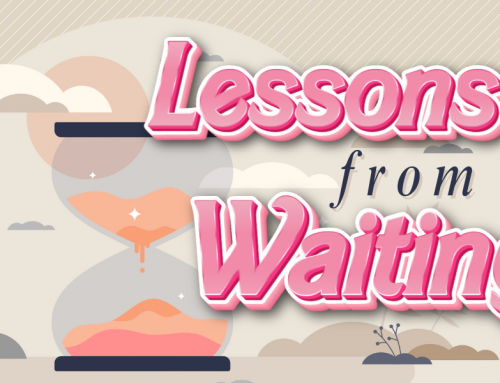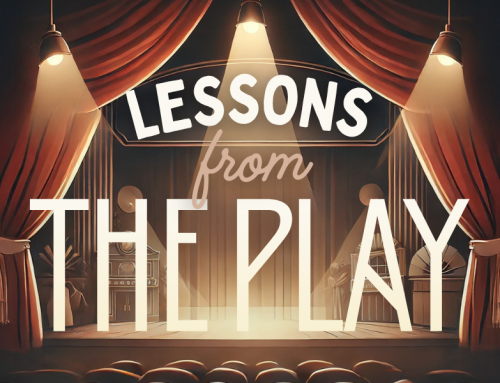Before we start, I just want to say that teens aren’t a monolith. Every teen is different, so what works for one may not work for another. The best advice I could give is to ask your teen these questions. The best way to fix a problem is to talk about it.
Now, without further adieu, I will be answering your questions.
1. Do teens actually want to spend time with their parents—or is that just a parent fantasy?
The answer to this depends on the day. Some days, I love nothing more than a walk with my mom. Others, I just need to be alone. It depends on your teens mental state and schedule. So, if you want to spend time with them, just ask. No pressure, no guilt if they say no, just ask. Also, express that you don’t care what the answer is, you just want to know. But don’t expect that answer to be the same tomorrow, because it almost never is. It’s not a reflection of you, it’s a reflection of your teen having a busy and ever changing life.
2. How do you handle drama or conflict with friends? What would you tell another teen going through it?
Thankfully, I have not experienced much drama as a teen. But my general advice would be to reflect on what’s going on, and try to see every perspective. When going through conflict, it is so easy to get trapped in our own little world, and that’s why most conflicts escalate. So break out of your little world. Take some time to think and put yourself in the other person’s shoes no matter how angry you are at them. Then, have an honest conversation with the person and express what you learned. After that, you should be able to find a solution. If not, it’s ok to just take a break from talking to someone, even if I don’t advise it. Just ignoring our issues makes them worse. However, if you’re dealing with someone who is too angry to have a rational conversation, the best thing to do is wait until they cool off. Also, an apology goes a long way. Even if you weren’t fully wrong, chances are you were from their point-of-view. Sometimes we have to sacrifice being right to end a conflict. While it sucks, drama almost always ends in both parties apologizing anyways or the end of a friendship.
3. What advice would you give to a parent who has a child who struggles in school?
First, acknowledge that school isn’t for everyone. School is a standardized system that is only designed for one specific type of person. Some children just aren’t that specific type of person, and we can’t fault them for that. If that is the case. Then chances are you just need to steer your child in another direction, whether that’s trade school, harkness, or some other career. Just don’t let them quit. Encourage them to keep trying and to get their diploma. But don’t just say “you have to graduate” explain why they need to and how their effort will help them, even if they don’t go to college.
However, there is also another kind of struggle. Some children just don’t want to put in the effort. And honestly, almost nothing from a parent or adult is gonna change that. The reason being is that authority figures have a track record of forcing you to do things you don’t want to do that don’t benefit you. School would just seem like one of those things, even though it’s not. So the best advice I could give is to help them find their interests outside of their hobbies. Give them opportunities to explore other things and delay the constant stream of dopamine to the brain. Eventually, they have to find something they like. Everyone has an interest or talent somewhere deep inside. Then once they find that, try and help them find classes that surround that thing or extracurriculars that help them showcase that thing. Being able to do and learn about something they’re interested in may give them the motivation to try in school. If that doesn’t work, then it’s time to simply have a conversation with them and try to figure out why they aren’t trying. Chances are you can calmly explain why they should. Just don’t sound like you’re accusing them of anything.
4. How do you feel when your parents try to give advice? What works and what doesn’t?
What does not work is starting with an accusation or trying to label me as something I’m not. I haven’t found a single person on this earth who likes to be called “lazy” or anything else, so never start your advice with a label. Instead, just tell me how to fix my problem. Just give me any ideas, or help me assess the situation. You don’t always have to have the answer, you just have to be there for me and try. If you don’t have the answer, admit it. It’s okay I know you’re a human, you don’t have to pretend or make something up. That doesn’t work. What does work is trying your best. That is what works and what is productive. Also, if I’ve come to you with this problem before, please be patient. Problems are hard to solve and they like to stick around, so I may need the same advice multiple times. That’s okay. I know it’s annoying, but try not to show it. When you get annoyed it ensures I’m not gonna take your advice because I’m gonna be too worried about why you’re annoyed.
Lastly, you don’t have to be superparent. You can make mistakes or give the wrong advice. Just apologize. That’s my advice for life in general.
So, the next time you have a problem, remember the first step towards solving it is reflection. Reflection is the most powerful tool. No matter who you are, you have to look inside yourself in order to find the answers.
Until next time,
Ella Greene







